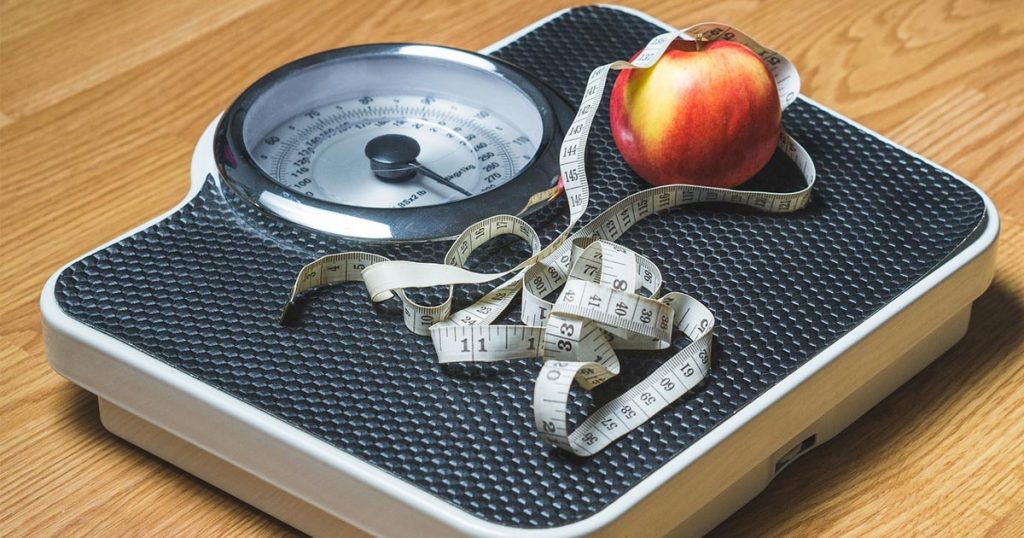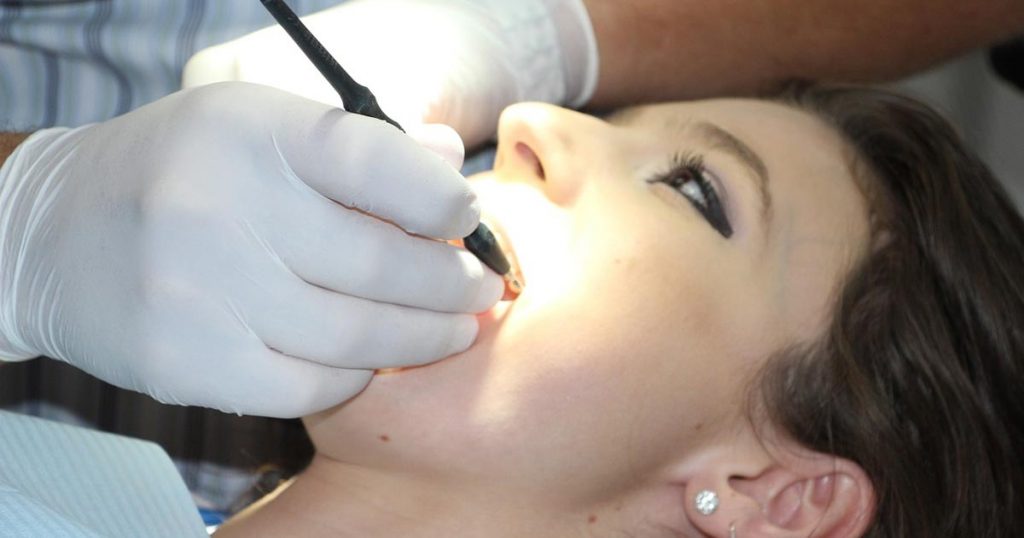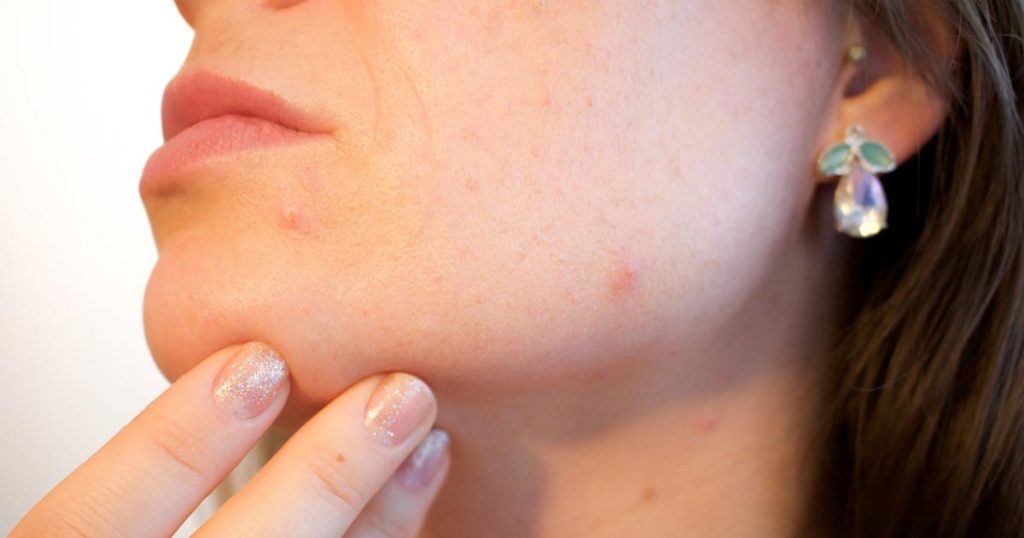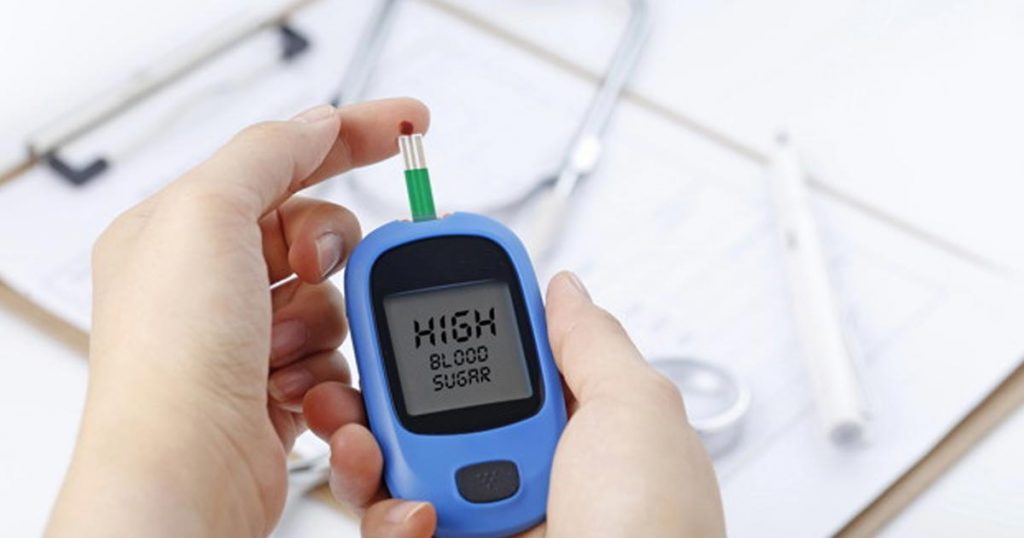Processed food: stores are packed full of it. When you walk down the aisles, grabbing convenient meals and snacks that you’re sure will help fill you up and satisfy whatever craving you’re having–whether sweet or salty–chances are, you’re taking in a larger percentage of processed food than you intend. While that might be great at the moment, whether you just need a food option that’s easy to grab or you love the taste of those brightly-colored, familiar packages, however, eating too much processed food can have a number of long-term health implications–not to mention leaving you dealing with a host of familiar symptoms.
What are processed foods, exactly? Processed foods are those that have been changed significantly from their original state before packaging. This includes drying, baking, canning, or even freezing. In the most significant cases, processed food includes the addition of chemicals that add little or nothing to the nutritional value of the food–and in some cases, actually cause detrimental impacts to your health. Highly processed foods don’t just have things added. They also lose much of the nutritional value that made those foods so desirable in the first place.
That doesn’t mean that all processed foods are necessarily bad. Pre-cut fruits, for example, may count as processed, as do prewashed bags of salad. These types of food, however, do not have detrimental health impacts, and you don’t have to avoid them. Bags of chips, cookies, microwave meals, sodas, and other factory-created foods, on the other hand, can cause serious health concerns to arise.
Most of the time, when the experts talk about “processed foods,” they don’t mean minimally processed foods that have been altered to bring more convenience to the people eating them. Rather, the experts refer to highly-processed foods: those made with things like white flour, excess sodium, and chemical additives.
Are you concerned that your diet might be a bit too high in processed foods? Consider some of these signs that you need to take a closer look at what’s in your diet–and how you might change your eating habits to avoid these symptoms.

1 Constant Thirst
Salt has a lot of advantages for the creators of processed foods. Not only does it act as a preservative, which extends the shelf life of the food, it also adds a familiar flavor that most people are eager to keep enjoying. When you consume excess quantities of processed food, however, you’re also taking in a heaping load of sodium.
As that excess sodium enters your body, it draws the water out of your cells. As a result, you may quickly become dehydrated unless you take in enough water. When you consume high quantities of processed foods, you may find that you’re thirsty all the time–and visiting the restroom equally often. If you don’t keep up with water consumption, you may grow dehydrated more quickly than someone who typically eats a whole food diet.
In addition to being a sign of excess consumption of processed foods, excessive water consumption and constant thirst in spite of regularly consuming water, tea, and other beverages, can be a sign of diabetes. If changing your diet doesn’t change your thirst or you have other symptoms, have your doctor rule it out.

2. Bloating
Ah, the joys of excess sodium consumption. Not only does it make you thirsty, but excess sodium consumption from too many processed foods can also leave you feeling uncomfortably bloated. When you eat high quantities of processed foods, you may constantly carry around a little bit of extra water weight. The excess sodium can lead to swelling in your hands, feet, and ankles, or you may find that you carry a little extra bloat around the waist.
Are you tired of that bloated feeling? Time to decrease your sodium consumption and eat more natural foods! Potassium, which can be found in bananas, oranges, cantaloupes, and prunes as well as a number of healthy, tasty fruits and vegetables, an also help cut down on bloating. Once you’re used to consuming a diet filled with whole foods rather than processed foods, you may find that you experience less bloating overall.

3. Regular Headaches
Nothing drags down your day quite like a constant, nagging headache. Unfortunately, that processed-food diet may be contributing to your overall pain and discomfort. As in many other cases, sodium acts as the first culprit: though your body might retain water due to excess sodium consumption, you may still be dehydrated, since the right cells aren’t getting the fluid they need to function at optimal efficiency.
Worse, many processed foods contain additives like tyramine, which is known to cause headaches in a portion of the population. On top of that, the chemicals and preservatives added to many highly processed foods can cause vaso-constriction, or tightening of the blood vessels, which can also cause ongoing headaches. Foods that have a long shelf life–that is, those that have undergone pickling, fermenting, aging, or canning–are more likely to contain these substances.

4. Fatigue and “Porridge Brain”
If you’re familiar with the concept of brain fog–and, in fact, feel as though you live with it on an incredibly regular basis–your processed food consumption may be to blame. For once, however, it’s not sodium that’s causing the problem. Instead, it’s sugar.
When you consume high quantities of processed foods that contain high amounts of sugar–including fructose, high fructose corn syrup, sucrose, white flour, and a host of other blood sugar-spiking ingredients–your body rides a roller coaster all day long. As it processes those sugars, usually too fast, your body hits a high. You may feel more productive and energetic for a short period of time, but before long, that high wears off–and during the crash, you’ll feel worse than you did before. Many people, when that crash hits, find themselves reaching straight for the next sugar-filled fuel and start the cycle all over again. Not only does this leave you feeling brain-fogged and fuzzy, but it may also create a low level of fatigue that sticks with you all day, every day.

5. Feeling Low
There are times in most people’s lives when they feel a little low, especially due to circumstances. Feeling low all the time, on the other hand, may be blamed on a diet high in processed foods. When you eat processed foods, you can experience significant shifts in mood, including mood swings and ongoing depression. Excess processed food consumption can leave you feeling down more often than you’re up.
Processed foods are often filled with simple carbohydrates. When you first eat them, you might actually experience a boost in your mood and an increase in your energy due to a blood sugar spike. As that spike wears off, on the other hand, you’ll notice that your energy levels start to drop, and you feel more “down” and depressed.
If you notice that your mood has been consistently down for a while, consider whether your diet could be to blame. Try a diet rich in fruits and vegetables, which boost neurotransmitter release and can lead to enhanced mood and an improvement in your overall feelings of wellness. As you make long-term dietary changes, you may find that you feel more positive about life in general.

6. Dieting Doesn’t Work
You’ve been trying to lose weight for a while, but for whatever reason, it just doesn’t seem to be working. Unfortunately, in spite of your best efforts–potentially even including appropriate dieting and exercise–you can’t seem to get the scale to come down. While it’s normal for weight loss to take time, weight loss that simply won’t get started–or a scale that consistently continues to go up, rather than coming down–could indicate a problem with your diet.
Processed foods aren’t just filled with high levels of sodium, which could cause you to retain water and make your weight loss more difficult. Many processed foods are packed with high-calorie fillers. Others simply lack the nutrients you need to stay full and satisfied, including healthy fats, fiber, and lean protein. Eating these filler foods will satisfy you short-term, but you’ll be hungry again within a few short minutes, leading you to overindulge.
If you’re struggling to lose weight, take a look at what it is that you’re eating through the day. When you’re hungry, do you reach for nuts, cheese, Greek yogurt, or fruits to help fill you up, or are you reaching for products with a great deal of filler and very little actual nutritional value? By swapping up your diet, you may find that it’s easier to get the pounds to slide away.

7. Tooth Problems
Excess quantities of simple carbohydrates and simple sugars will tell on your body in many ways, but none quite so potent as your teeth. In fact, the more you eat simple carbohydrates, including candies, cookies, fries, and chips, the greater the likelihood that you will suffer tooth decay and a host of other problems.
Everyone’s mouth is full of bacteria. Those bacteria feed on simple sugars like those found in many processed foods. When you consume excess quantities of processed foods, those bacteria may begin to break down the enamel on your teeth. Over time, this can lead to cavities and other problem. Sodas and energy drinks pose a particular danger: they’re not only full of simple sugars, they are also full of acids. As you consume those drinks, your teeth are bathed in that acid for long periods of time, which can cause your enamel to start to break down.
If you’ve started to notice tooth sensitivity, you may already be suffering from enamel problems. Noticing pain after eating something sweet could be a sign that your enamel has been damaged. Some discomfort with cold is normal, but if you notice pain when you consume something hot, you may need to pay a visit to your dentist. Adjusting your diet probably won’t reverse the damage done to your teeth, but it may prevent future issues.

8. Broken Bones
Do you suffer from repeated broken bones? Do your friends accuse you of being “fragile” or not being able to walk across a floor without injuring yourself? If you’ve noticed an increase in injuries, your diet could be to blame.
In order to maintain premium health, your bones need many of the nutrients found in your food. Unfortunately, without those nutrients, your bones may become brittle–and many processed foods lack those vital nutrients that will keep your body functioning at peak efficiency. Worse, high quantities of sodium can leach calcium from your bones, leaving them more brittle and prone to breaking. Instead, make sure that your diet is rich in things like fish; dark, leafy greens; and dairy. These foods contain the vital nutrients your bones need to remain strong, especially as you get older.
If you’re still struggling with bone health, check your drinks: excess soda consumption could contribute to the loss of vital nutrients in your bones. Instead, try turning to water to handle your thirst needs.

9. Acne
Once you’re past your teen years, you’d like to think that you’ve left acne behind you. Unfortunately, if your diet isn’t the greatest, you may suffer ongoing breakouts, too. A diet high in sugar can increase the production of certain hormones, which can lead to increased acne. Sugar can also cause a rush of inflammation throughout the body, including on your face and skin, which can lead to more frequent and more severe breakouts.
While many of the factors that contribute to acne are beyond your control, including a genetic predisposition, you can control your diet–and by controlling your diet, especially if you’re able to avoid simple sugars, you may find that you can reduce breakouts. Steep rises in insulin levels can also cause your skin to produce more oil, which in turn can cause your pores to clog and leave you struggling with breakouts. The solution? Eat fewer foods high in sugar and turn to natural, whole foods instead. Not only will they put a great deal more spring in your step, but they’ll also decrease the likelihood that you’ll suffer from significant acne through your adult years.

10. High Grocery Bills
Have you ever really taken the time to sit and look at your grocery bill? When was the last time you considered how much it really costs to keep your cabinets full? Moreover, when was the last time you carefully considered what you’re buying at the grocery store?
Take the time to break down your grocery list. Chances are, if you’re buying a lot of processed, prepackaged food, you’re spending more for your groceries than if you were buying whole foods. People who eat primarily whole foods, including fruits and vegetables, are less likely to have excessive grocery budgets than those who choose to indulge in high quantities of processed foods.
Eating out can also quickly take a toll on your budget–and a lot of the foods you’ll find in the average restaurant are made from prepackaged, over-processed ingredients. If you want to see your food budget go down, try eating whole foods–ideally primarily at home–for a while. You may be surprised by the difference in your spending!

11. High Blood Cholesterol and Triglyceride Levels
Are you starting to wonder if you might be eating too much-processed food? Have you been seeing a number of recent changes in your body, including some of the symptoms already discussed in this article? It might be time to pay for a trip to your doctor. As part of that visit, you’ll likely undergo a blood workup that will tell you your cholesterol levels, your triglyceride levels, and your blood sugar levels.
A careful examination of your blood test results can give you a pretty good idea of how healthy your diet is. If you consume high levels of processed foods, chances are, the trans fats and sodium in those foods will cause a corresponding rise in your cholesterol and triglycerides–not to mention a jump in your blood pressure. Triglycerides decrease HDL, the “good” cholesterol. When you struggle with high cholesterol, high triglycerides, or high blood glucose, you may have increased risk of heart disease and other illnesses. As a result, your doctor may have recommendations to make about your diet, including changing the foods you consume most often. By swapping to a healthier diet, you will start to see a steady change in those numbers–and, as a result, you may have a longer, healthier life.

12. High Blood Sugar
Does diabetes or insulin resistance run in your family? Have you ever had a blood glucose reading come back consistently too high, even while you were pregnant? If you’ve struggled to keep your blood sugar under control in the past or you worry about being able to control it in the future, one of the best things you can do for yourself is paying attention to what you put in your body.
Highly processed foods tend to be high in simple carbohydrates. Not only that, they often have high levels of added sugar. These can cause a jump in blood sugar levels as soon as you consume them–which is particularly problematic if your body isn’t producing enough insulin on its own or if you have already developed insulin resistance.
In general, there is no study that has proven a connection between processed foods and developing diabetes. There is, however, a correlation between obesity and diabetes, and many people who struggle with type 2 diabetes have, or previously had, a diet high in processed foods and simple carbohydrates.
Whether you’re worried about developing diabetes or you have already developed this condition, your diet can go a long way toward helping to manage those symptoms. While a diet high in processed foods may make your struggle with diabetes more difficult to manage, a diet high in whole foods, ideally cooked at home, can help make it easier to manage your blood sugar levels, potentially even preventing you from developing diabetes in the future.

13. Hair Loss or Thinning
Have you discovered that your hair is thinning or, worse, falling out? Do you want a healthy, gorgeous mane of hair? In order to keep your hair looking its best, you need a solid balance of a wide range of nutrients: protein, iron, vitamin C, omega 3’s, vitamin A, zinc, selenium, vitamin E, biotin, and more. Without a healthy, balanced diet, chances are, you’re going to be missing out on a lot of those vital nutrients–and it doesn’t take long before your hair begins to suffer for it! Eat a diet high in processed foods, and you may find your hair thinning or, worse, leaving you with bald patches. Ouch!
Instead of reaching for processed foods, try a diet rich in fruits and vegetables to help ensure that your hair is getting all the nutrients it needs. Keep in mind that if your hair is already thinning or falling out, this is one symptom of a poor diet that may take time to correct! Your hair will take longer to return to normal since you’ll have to wait for it to grow out. Changing your diet now, on the other hand, can prevent further damage to your hair and keep it looking its best.

14. You’re Moody
Are you struggling with mood swings, often in a bad mood for no apparent reason? It’s possible that your diet is to blame–for more than one reason. When you eat a diet high in processed foods, you may find yourself dealing with a number of potential challenges:
The chemicals in processed foods can make it hard to keep your mood even. Often, those chemicals leave you feeling moody, depressed, or anxious in spite of the fact that there’s not really anything “wrong.”
Simple sugars, like those found in soda, can cause a fast blood sugar spike immediately followed by a corresponding low. As a result, you may feel better immediately after downing a can of soda, but note that your mood deteriorates from there.
Furthermore, when your diet consists primarily of processed foods, you may simply not feel well a large percentage of the time. When you’re struggling to keep your body functioning, have ongoing headaches, or are tired all the time, it’s hard to be in a good mood. Correcting your diet–including cutting out sodas, even diet ones–can go a long way toward keeping your mood up.
Leaving processed foods behind is a challenge, but it’s one that is well worth the effort. When you decrease processed food consumption, you’ll find that your body often functions much more efficiently–and you’ll experience far fewer problems, too.
